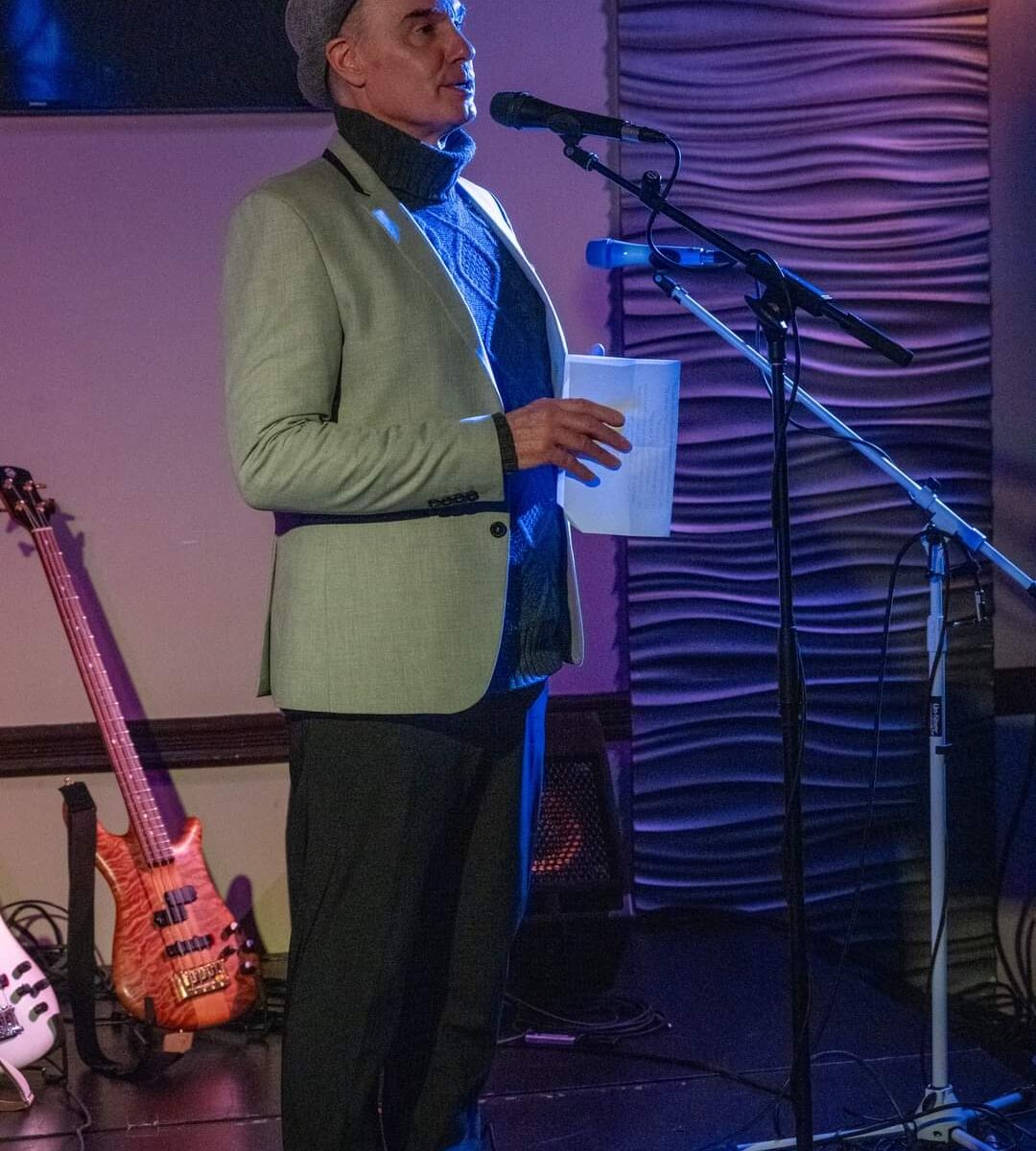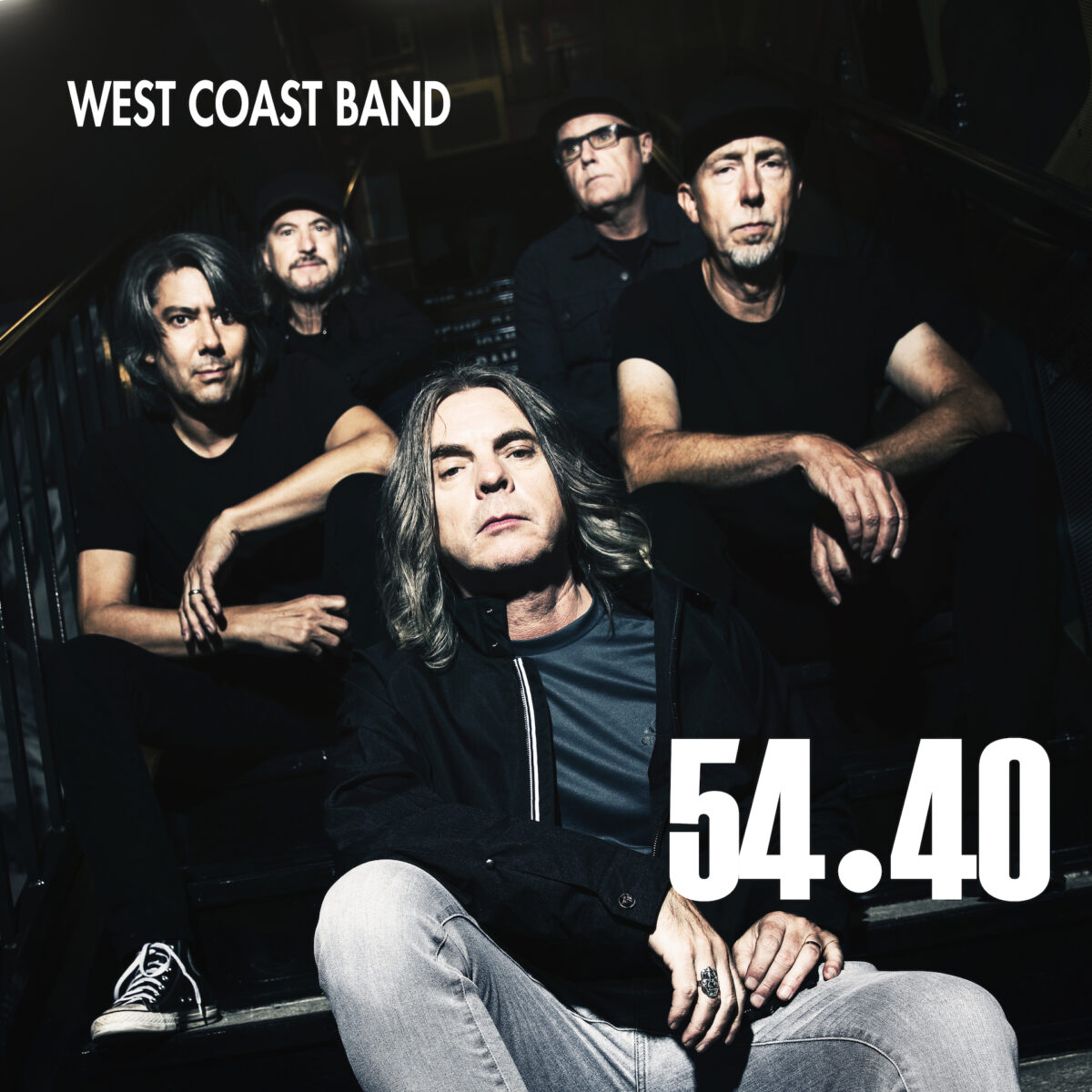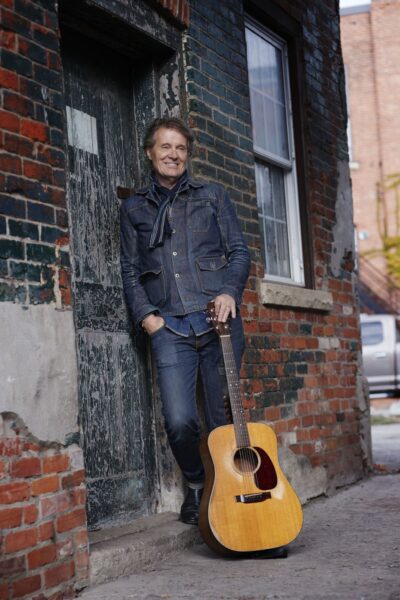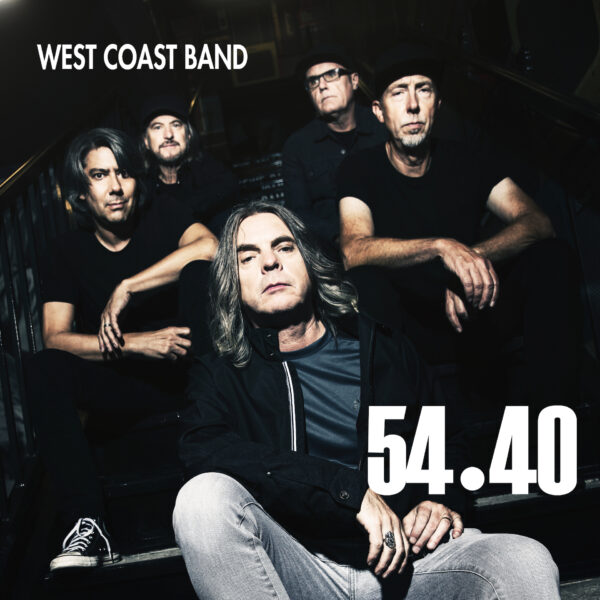Talk about opposite ends of the musical spectrum!
As lead vocalist for WEA Records’ glam-rock band Brighton Rock in the late 1980’s and early 1990’s, Gerry McGhee enjoyed some success recording hit records. Now as President/CEO of Burlington Ontario-based Isotope Records and Vice President of Precision Pressing, he is in the business of distributing and manufacturing CD’s and vinyl records, thousands of them on a daily basis.
Suggest to McGhee that record sales in general have flat-lined, he will smile at you and show you the U.S order he has just received for one million vinyl pressings. With 10 vinyl pressing units and three CD units on the go and a global distribution system in place, it’s a fair assumption to say that the majority of independant CD or vinyl recording released in Canada these days are manufactured at McGhee’s Burlington plant.
 The official unveiling of the Precision Pressing Plant will occur on Thursday May 11th when a delegation from The Czech Republic’s GZ Media (originally founded in 1948) , McGhee’s partner in the Precision enterprise will be on hand to officially open the complex (although it has been running since early January) with the Ambassador for the Czech Republic cutting the ribbon.
The official unveiling of the Precision Pressing Plant will occur on Thursday May 11th when a delegation from The Czech Republic’s GZ Media (originally founded in 1948) , McGhee’s partner in the Precision enterprise will be on hand to officially open the complex (although it has been running since early January) with the Ambassador for the Czech Republic cutting the ribbon.
An impressive guest list of record company types, media and recording artists have been invited to the official launch and McGhee plans to have one or two bands perform live, record their performances and then present them with an LP recording of their set, manufactured on the spot at his facility.
“We are operating one shift right now and we hope to be up to three shifts in the next six months,” noted mcGhee.” I have two maintenance heads here from the Czech Republic training our Canadian operators and we are working to have five new presses installed in the near future.”
The demise of major record chains and a slump in domestic CD sales may give the impression that physical recordings are on the decline, yet from a global prospective, McGhee reports product sales still thrive in many countries.
“I have just got back from Japan where CD sales represent about 82% of all records sold, vinyl is just catching on now and both downloading and streaming are virtually non factors,” McGhee reports. “It’s the same in Germany and other European countries, there is still a big global demand for CD’s.”
But it’s the burgeoning vinyl market that is exciting McGhee. Suddenly, it’s in vogue to own a recording turntable and the millenial market in particular are being drawn to the romance of vinyl. “I have read reports that 62% of all vinyl recordings are being purchased by consumers between the ages of 19-35. Yes, some people still like to download certain tracks, but these people aren’t true music buyers. The hard core buyer has always loved vinyl and now a whole new generation are being attracted to looking at album jackets, reading the linear notes and physically possessing the record”.
As a result it’s not just artists who want vinyl versions of their latest recordings, there’s a massive back catalogue demand for previous records to be released as vinyl or old vinyl records to be re-released with digitally upgraded sound and additional tracks inserted.
“I just finished converting five Tragically Hip records to vinyl, we just released a new 54:40 compilation and finished work on a Max Webster vinyl boxed set,” McGhee announced. “With our new operation, we now have the capacity to manufacture these releases. Before, press time was so limited, that existing presses were too busy manufacturing new releases to be concerned about back catalogue. Now we can feed the appetite of orders that were always there but can now be fulfilled”.
 McGhee acknowledged there are a few competing vinyl manufacturers in North America but most of them are operating old machines that were originally made in the 1950’s and 60’s. “Just getting spare parts for those machines is a major problem, ” noted McGhee, “But with us, all our pressing plants are newly manufactured from GZ in the Czech Republic and they have their own tool and die operation so spare parts is never a problem.”
McGhee acknowledged there are a few competing vinyl manufacturers in North America but most of them are operating old machines that were originally made in the 1950’s and 60’s. “Just getting spare parts for those machines is a major problem, ” noted McGhee, “But with us, all our pressing plants are newly manufactured from GZ in the Czech Republic and they have their own tool and die operation so spare parts is never a problem.”
Another advantage of McGhee’s Precision operation is that it can produce small orders of 100 or 200 units for indie groups or small labels. “Most plants wouldn’t even consider an order for less than 300 units but our position is completely opposite. We want to encourage artists to press small numbers and get their records out to the public,” enthused McGhee.
With over 70,000 titles in stock including 20,000 LP’s, warehoused in three buildings, McGhee is catering to a global distribution base. Most domestic sales are executed on line through outlets like Amazon but he hopes to have his own online distribution system in place shortly and he is encouraged that retail chains like Sunrise Records are making a comeback.
Just up the road from McGhee’s Burlington complex in Ancaster, the head office for Everest Toys now also serves as the headquarters for Sunrise Records with company president Doug Putman about to expand his operation from nine Ontario-based outlets to over 80 national stores. An expansion aided with the acquisition of select HMV outlets, which went out of business this January.
“When we took over Sunrise Records (in October 2014), they were down to like five stores, but we have always believed in the viability of record stores,” noted Putman. “Then when HMV went under, it just seemed like the right time to expand. With the increase in popularity for vinyl, we have faith that boutique record stores can be successful.”
It’s a feeing McGhee shares with Putman. “I think chains like HMV went down because they got away from the business of actually selling music. Any existing retailer today has to cater to a customer who has always been there. I know of a number of small indie stores that do a great job catering to their customers. Their stores are packed full of people on a Saturday, listening to new music, checking out the album jackets and finding out what is new in the music business. That audience is still there.”
McGhee who formed Brighton Rock with Greg Fraser (guitar) and Steve Skreebs( bass) in Niagara Falls Ontario in 1982, recorded three moderately successful albums for WEA Records between 1986-1991 before falling victim to the grunge movement.
Unemployed and desperate for a job, McGhee began selling records for Chicago-based Griffin Records to Canadian outlets like Sam The Record Man and Music World, boosting the label’s sales from 15,000 to 65,000 units. When Griffin fell victim to a law suit, McGhee was encouraged to keep selling records for major labels like Warner Music, and developed Isotope as a fullfillment centre which as survived the ups and downs of an ever-changing industry to emerge now as the largest fullfillment cente and manufacturing pressing plant in the country.
With an office in London England and expansion plans targetted for MRP in Memphis and a possible Asian location, McGhee has come a long way from his Brighton Rock band gigs, yet he is still keeping the band active and has performed a few recent gigs with band members Fraser, Skreebs, keyboardist Johnny Rogers and drummer Mark Cavazan.
“We recently played at Hamilton Place, our first gig in Hamilton in like 21 years and they gave us an award called `The Glass Hammer’ because our fans drank so much beer, they ran out of booze,” McGhee laughs. “Problem is that I insist in singing all our songs in the original key, we recorded them in which means I really have to get in shape vocally for each performance. And with my schedule, it is a challenge finding the time to rehearse and play.”
“But it is a great escape for me,” McGhee concludes. “Just to get on stage and play with the guys is always great fun. It’s always good for a big pissup and a laugh.”











